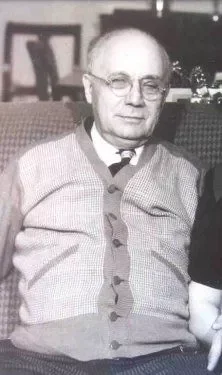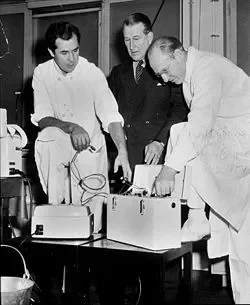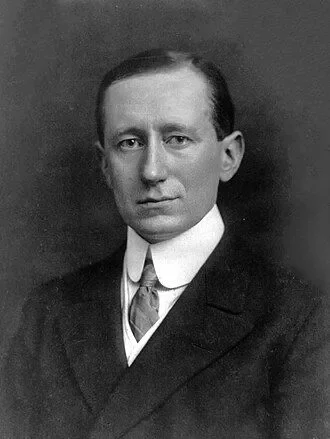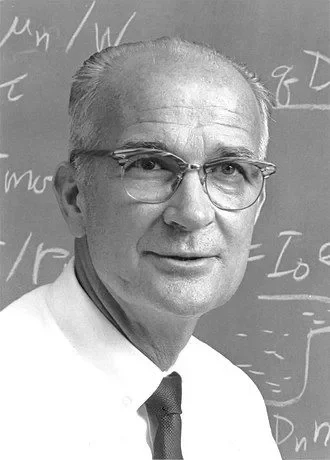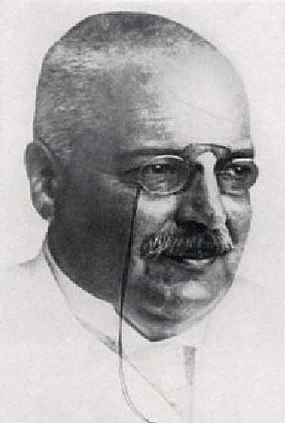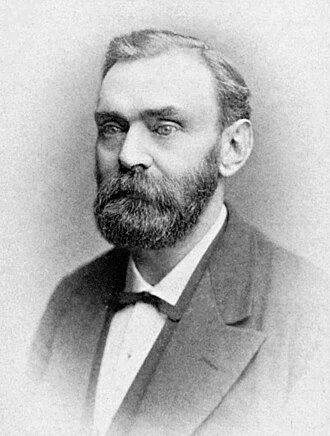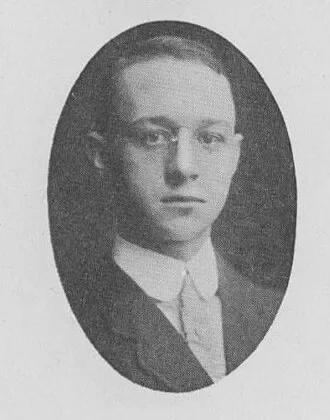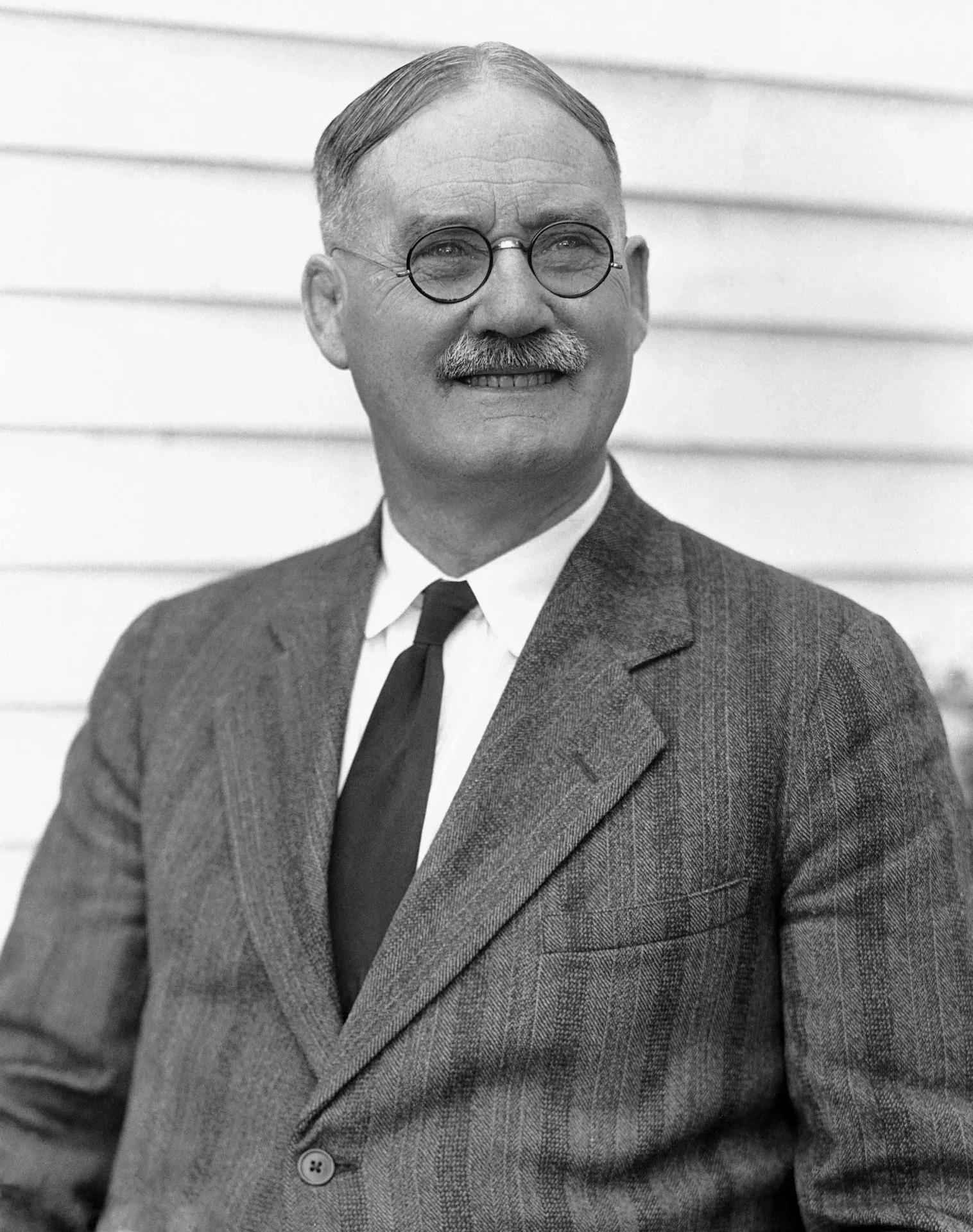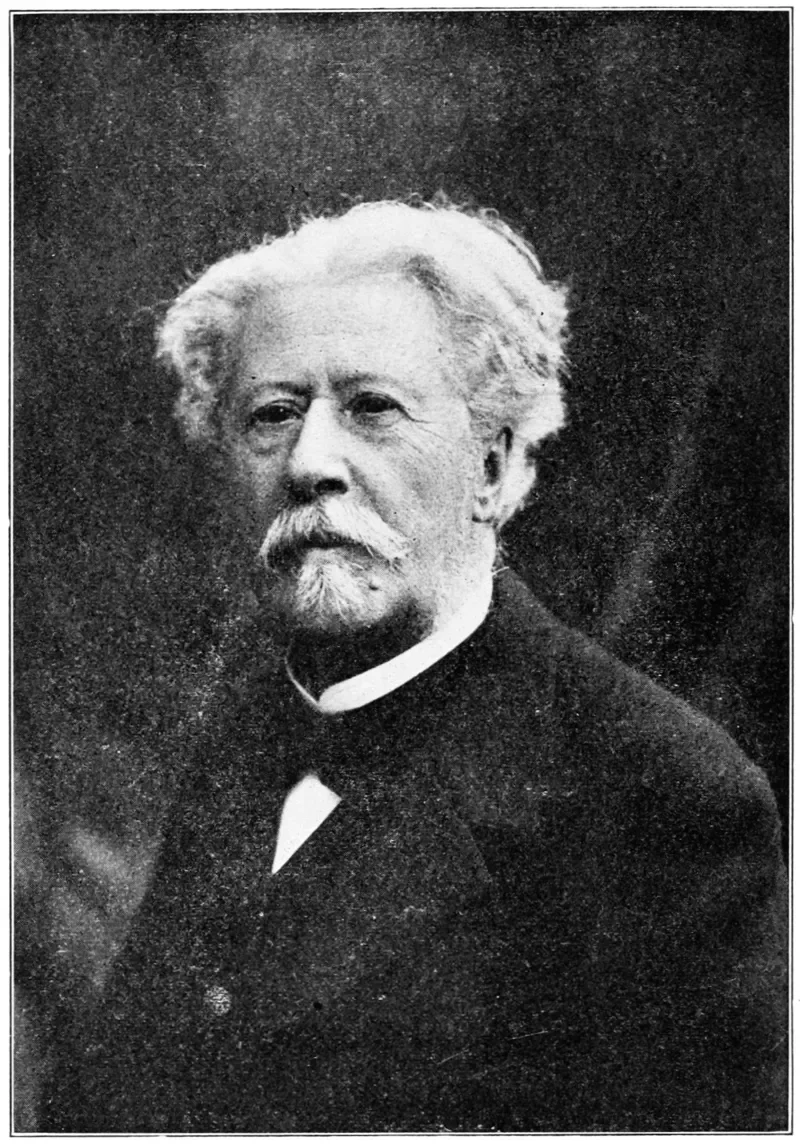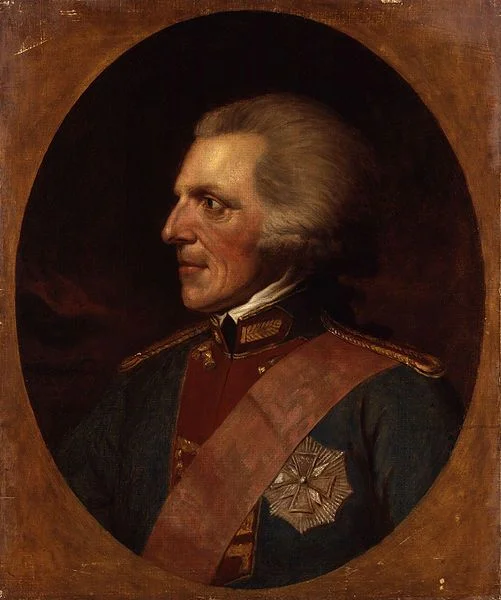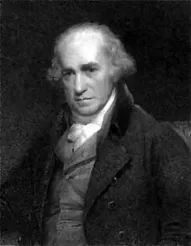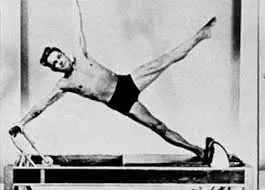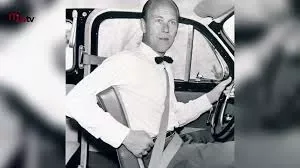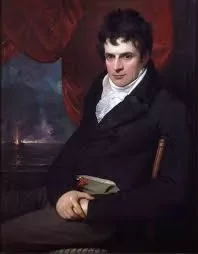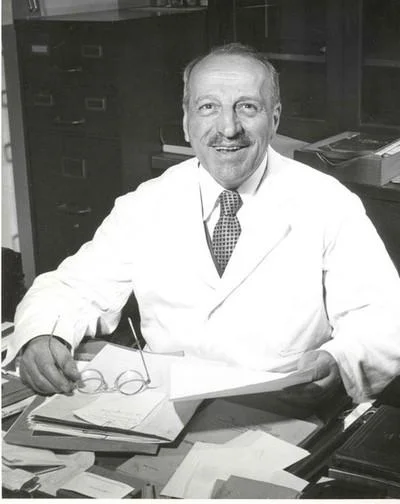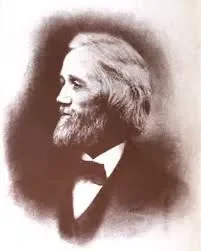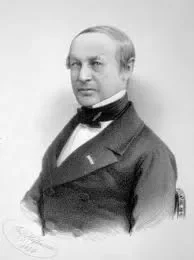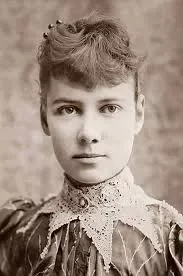Real Celebrities Never Die!
OR
Search For Past Celebrities Whose Birthday You Share
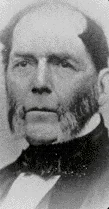
source:wikimedia.org
Abraham Pineo Gesner
Birthday:
02 May, 1797
Date of Death:
29 Apr, 1864
Cause of death:
Unknown
Nationality:
Canadian
Famous As:
Geologist
Age at the time of death:
66
Abraham Gesner's Quote's
Early Life and Education
Abraham Gesner, born on May 2, 1797, in Cornwallis, Nova Scotia, was a man of many hats. He excelled as a physician, geologist, inventor, and social activist, leaving a legacy that shines even today. Yet, his most groundbreaking achievement – the invention of kerosene – has often been overshadowed.
Medical Career and Scientific Curiosity
Born into a family steeped in Loyalist values, Abraham Gesner received a rigorous education. He studied medicine at King’s College in New York and Edinburgh University, eventually becoming a respected physician in Saint John, New Brunswick. However, his curiosity extended far beyond the realm of medicine. He possessed a keen eye for observation and a passion for experimentation, which soon led him down the path of scientific exploration.
The Search for a New Illuminant
The 19th century was a time of rapid change, and Abraham Gesner was at the forefront of it. He witnessed the limitations of whale oil, the primary fuel source of the time, and recognized its environmental and economic drawbacks. Driven by a desire for a cleaner and more efficient alternative, he embarked on a quest for a new illuminant.
Invention of Kerosene
His research took him deep into the world of geology and chemistry. He meticulously analyzed various natural resources, searching for a substance that would burn brightly and cleanly. This quest led him to a remarkable discovery – a flammable oil extracted from bituminous coal, which he named “kerosene.”
Impact of Kerosene on Society
Kerosene proved to be a revelation. It was cleaner and brighter than whale oil, significantly cheaper, and readily available. This “coal oil,” as it was also known, revolutionized lighting. Kerosene lamps illuminated homes, streets, and factories, ushering in a new era of brightness and convenience.
Other Inventions and Innovations
Gesner’s brilliance extended beyond kerosene. He was a prolific inventor, holding patents for a variety of practical devices. He developed a process for extracting paraffin from coal, invented a water heater, and even experimented with early forms of photography.
Public Service and Later Life
Gesner’s later years were dedicated to public service, and he served as the Commissioner of Mines for Nova Scotia. His legacy endured through the widespread adoption of kerosene for lighting and the subsequent growth of the petroleum industry. Abraham Pineo Gesner passed away on April 29, 1864, leaving behind a legacy of scientific inquiry and industrial innovation.
Posthumous Recognition
Despite his numerous contributions, Gesner’s legacy remained relatively obscure for decades. His role in kerosene’s invention was often overlooked, attributed to others. However, in recent years, his achievements have gained well-deserved recognition.
Legacy and Honors
He was inducted into the Canadian Inventors’ Hall of Fame in 1994, and his hometown of Chipmans Corner, Nova Scotia, is now known as Gesner. These accolades serve as a testament to his enduring impact on the world. Abraham Pineo Gesner’s story is one of brilliance, perseverance, and a deep commitment to making the world a better place. His invention of kerosene lit the way for generations.
Name:
Abraham Gesner
Popular Name:
Abraham Pineo Gesner
Gender:
Male
Cause of Death:
Unknown
Spouse:
Place of Birth:
Cornwallis, Nova Scotia
Place of Death:
Halifax, Nova Scotia
Occupation / Profession:
Personality Type
Logician: Innovative inventors with an unquenchable thirst for knowledge. He invented kerosine and had an insatiable hunger for knowledge.
Despite his numerous achievements, Gesner died in relative poverty, his inventions failing to bring him significant financial rewards.
Gesner's invention of kerosene revolutionized lighting, replacing less efficient and more expensive alternatives like whale oil lamps.
Gesner was a lifelong advocate for education and played a key role in establishing the first public library in Saint John.
He was a devout Christian and believed that his inventions were gifts from God, meant to improve the lives of humankind.
The term "kerosene" itself is attributed to Gesner, derived from the Greek word "keros," meaning wax.
He held numerous patents for practical inventions.
He stood for social justice and community development.
Invented kerosene, revolutionizing lighting and fuel sources.

